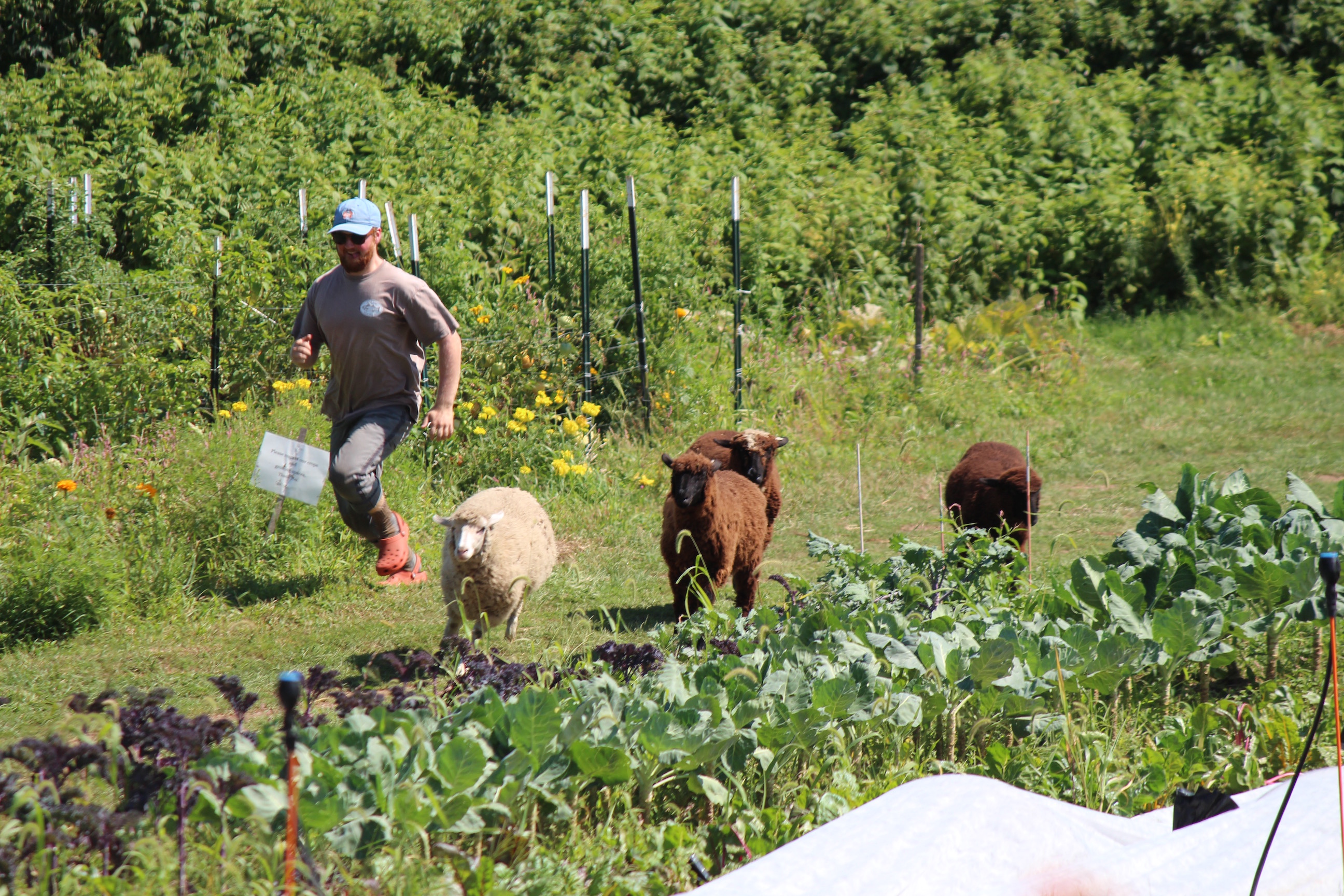April 2018
Written by Executive Director, Archie McIntyre
A year or so after we first got chickens, we decided to try raising sheep and we bought in 6 baby lambs in the spring. We raise them eating grass on our several acres of pastures. We keep them in mobile, electrified fencing that we move every 3 or 4 days to new grass. The rotation keeps their food source fresh as they naturally fertilize our pastures. The sheep provide a bucolic backdrop to our farm and another educational resource for our kids and larger community. That first year, I often wondered how many years it had been since sheep were last seen grazing in Winchester. It’s not a sight you’d expect to see in our suburban town.
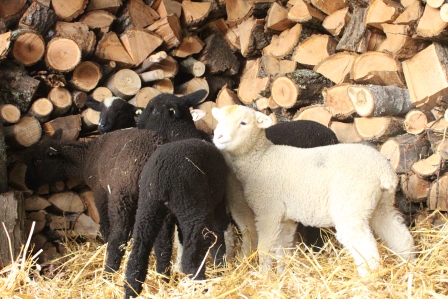
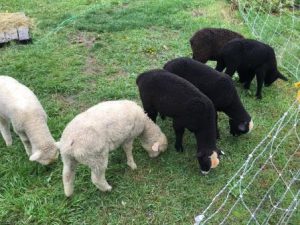
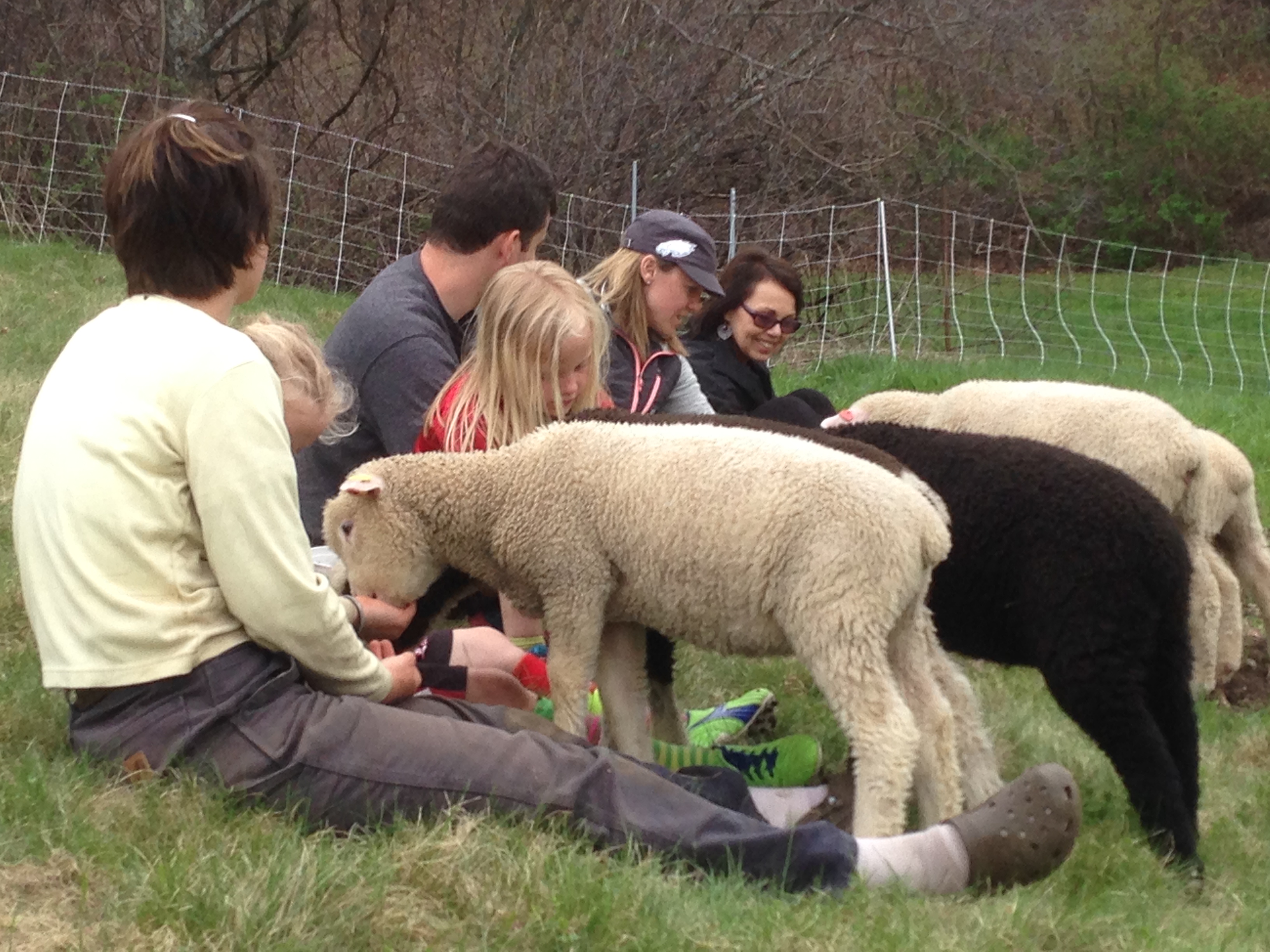
We consciously decided to raise lamb for meat. After they had grown and fattened on grass throughout the summer and early fall, we took them to slaughter. We definitely got some push back from some about the immediacy of life and death on the farm and, with Wright-Locke right in our community, it’s no wonder it brought the issue and thought closer to home. Even some meat eaters were squeamish. It was mainly the adults though; the kids seemed to take it in stride as a natural part of farm life. We are careful not to name our sheep to avoid personalizing them or making them into pets. We think of Wright-Locke as a place to gather and grow, to experience and learn. An important lesson we learn is that eating meat is a pleasurable experience for many but it has consequences that we often forget at the meat counter at our local market.
We found the closest USDA certified slaughterhouse in Groton – there aren’t too many in New England (which makes things complicated for farmers in the animal business…but that’s a whole other can of worms), and sometimes when their schedule is too full, we have to go as far as CT or VT. We transport them in our converted Honda Odyssey minivan, fondly referred to as the Lamb Van. (It’s since been renamed the Lamborghini.) I was the chauffer and I can tell you it’s quite a ride heading out Rte 2 with six baying passengers in the back seat. I try to avoid speeding because I can’t image how I’d explain the situation to the trooper. “Well, Officer….”
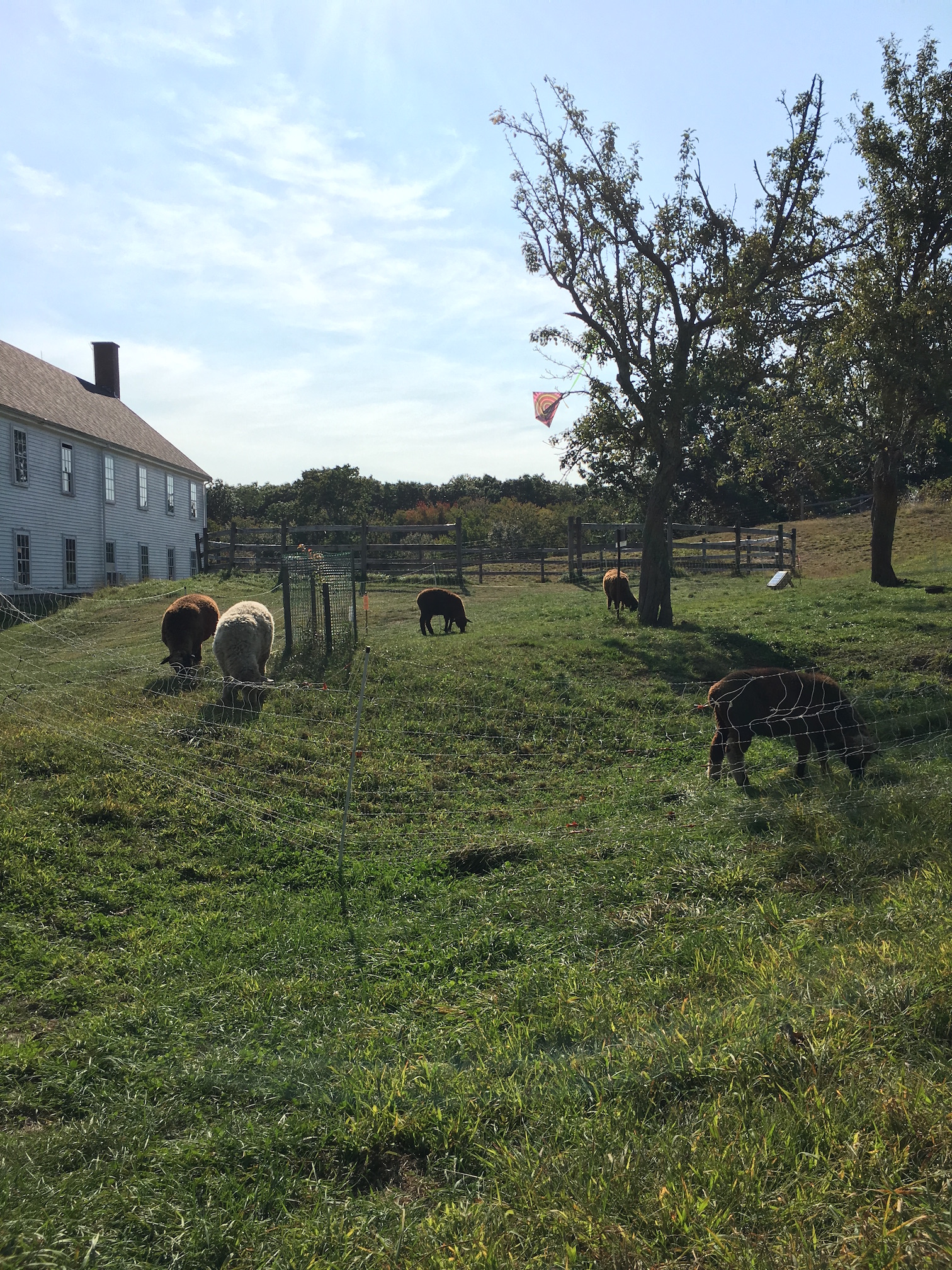
Each year, the meat is very popular and we routinely sell out all our cuts quickly – it’s rare to get local pasture-raised lamb here! Also a note here: the meat is called “lamb”, but the label “lamb” just refers to meat from animals slaughtered within a year-old. Our sheep are essentially fully gown within this period – buying “lamb” does not mean you are buying meat from tiny, baby animals. Other classifications include “hogget” (over a year old) and “mutton,” which classifies meat from an older sheep.
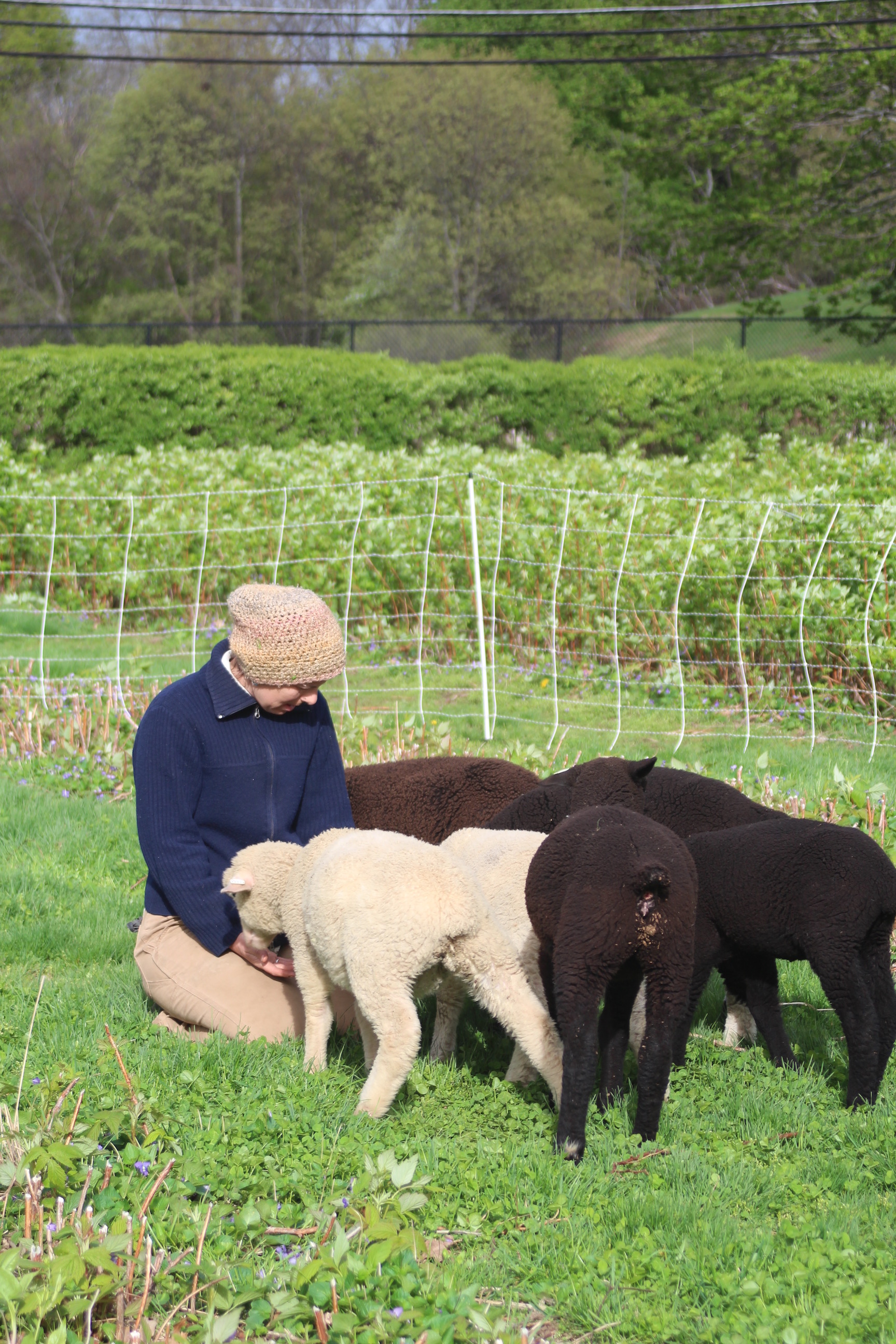
Stay tuned for our upcoming stories on our goats and the bees!
We’re taking a break this year on our lamb production. The staff time required to move them every several days and chasing them down after periodic escapes is straining our resources. (I should tell you about the time we had to corral them at 10 pm at night behind the West Side Fire Station. It was what we fondly refer to at the Farm as a real S**t Show. Refer to the picture below for a small taste of sheep catching! Look at Peter go!) We’ll take this year off as an opportunity to focus on restoring our pastures. We’ll be spreading compost and a new pasture mix of perennial grasses and let the pastures and the people take a breather. That’s not to say that we won’t have pasture-raised lamb in the Farm Stand this coming fall. I am raising 7 lambs on my farm in Dublin, NH and if all goes according to plan, we’ll have lots of chops, shanks and legs for sale again this year.
